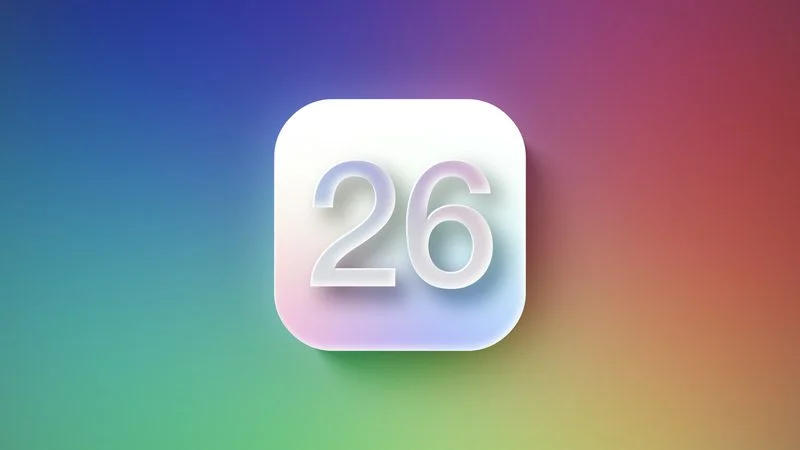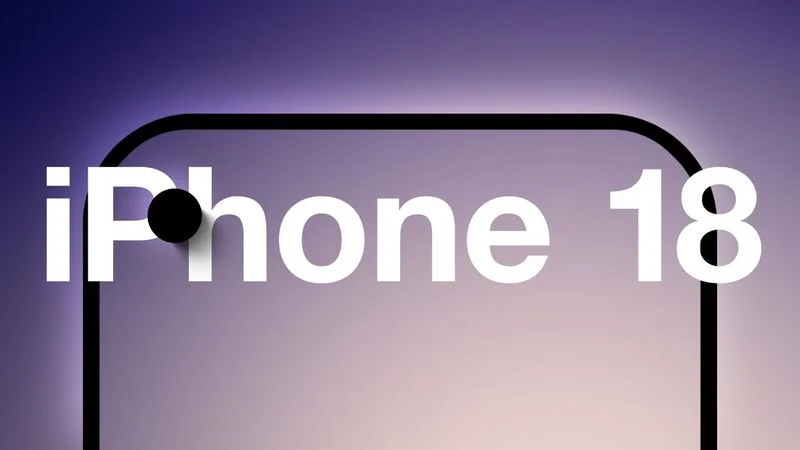For the 18th year in a row, Apple has been named the World’s Most Admired Company by Fortune magazine.
Apple Logo
The Fortune survey involves 3,380 business leaders from various sectors. They rate companies on nine different aspects such as innovation, how good they are for investors, how responsible they are towards society, and how well they attract new employees. Apple came out on top, with Microsoft and Amazon right behind, continuing their tradition of being among the best.
This year’s 2025 rankings show that tech companies are still leading the pack. Nvidia has climbed to fourth place, a first for them, thanks to their big role in the world of artificial intelligence and making graphics processing units. Nvidia’s chips are key in the AI models created by companies like OpenAI, Google, and Microsoft.
However, it’s not just tech; other types of companies are also doing well. Berkshire Hathaway, Costco, and JPMorgan Chase are also in the top seven. New entries this year in the top 50 include ServiceNow, Taiwan Semiconductor, and Novo Nordisk. An interesting point from this year’s list is that all ten of the highest-ranked companies are from the United States, showing a strong American presence at the top for the second year running.






